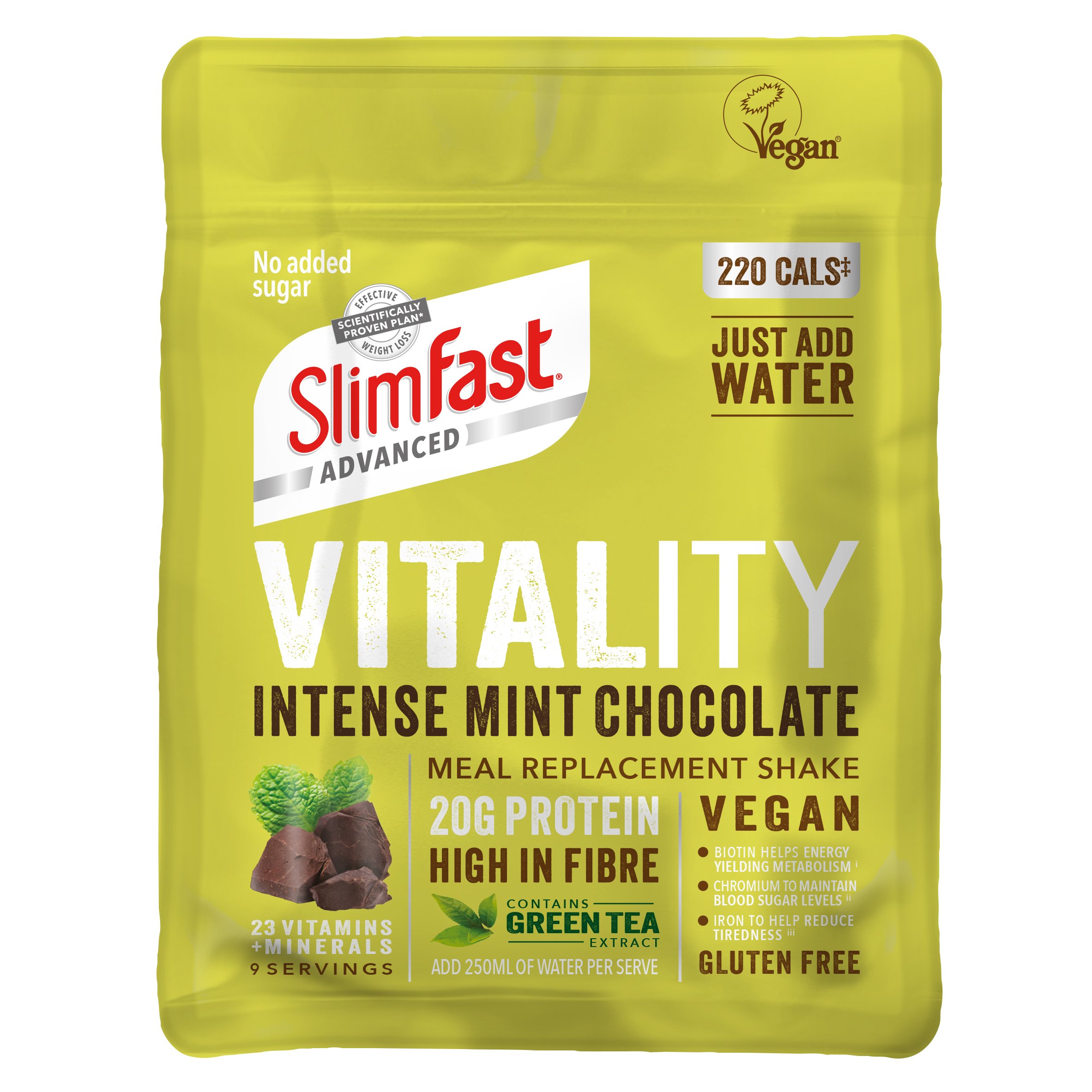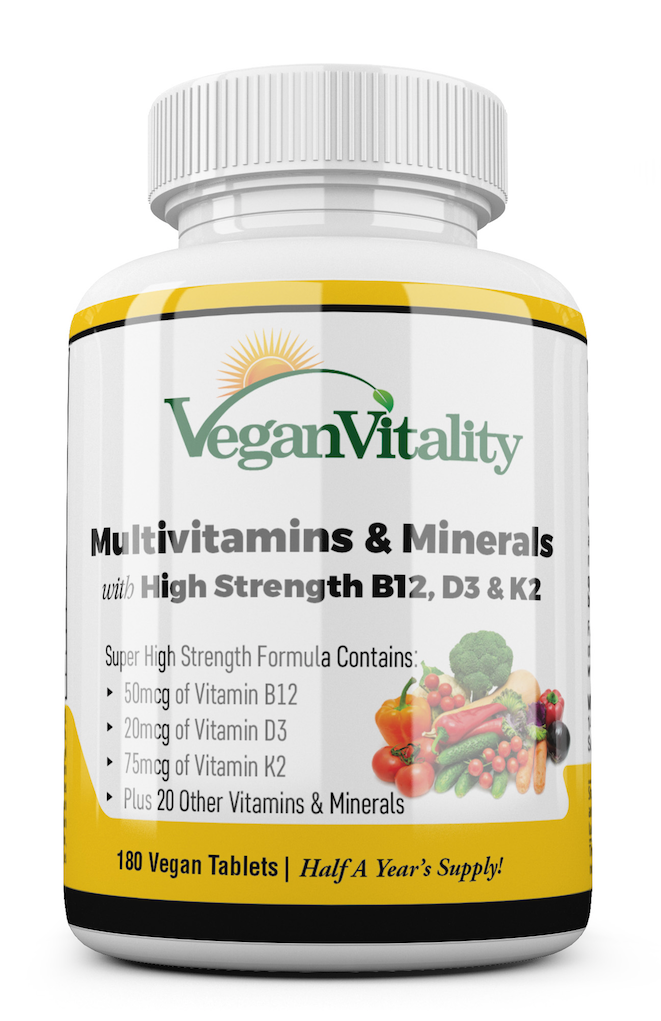Vegan Vitality: Boosting Health Through Dairy-free Living

Executive Summary

Embracing a vegan lifestyle, characterized by the exclusion of all animal-derived products including dairy, offers a wealth of health benefits. This article delves into the compelling reasons why ditching dairy can revitalize your well-being, supported by scientific evidence and expert insights.

Introduction
The consumption of dairy products has been a longstanding tradition in many cultures. However, recent research has shed light on the potential drawbacks associated with dairy intake, particularly regarding its impact on human health. A growing number of individuals are opting for a vegan lifestyle, eliminating all dairy from their diets, and experiencing significant improvements in their physical and mental well-being.
Frequently Asked Questions
1. What are the main benefits of eliminating dairy products from my diet?
Eliminating dairy can bring about an array of health benefits, including improved digestion, reduced inflammation, and a lower risk of chronic diseases such as heart disease, stroke, and certain types of cancer.
2. Are there any nutrients that I could miss out on by not consuming dairy?
While dairy products do provide some essential nutrients, these nutrients can be obtained from a variety of plant-based sources. Calcium, for example, is abundant in leafy green vegetables, tofu, and fortified plant-based milks.
3. What are some tasty vegan alternatives to dairy products that I can try?
There are numerous delicious and nutritious plant-based alternatives to dairy products available, such as almond milk, soy milk, cashew cheese, and vegan yogurt. These alternatives provide a rich source of essential nutrients, making it easy to maintain a balanced vegan diet.
Top 5 Subtopics
Improved Digestion
Dairy consumption can contribute to digestive issues in many individuals due to the presence of lactose, a sugar that can be difficult to digest. Eliminating dairy can lead to reduced bloating, gas, and abdominal pain, promoting overall digestive health.
- Reduced inflammation: Dairy consumption can trigger inflammation in some people, as the proteins found in milk can activate the immune system.
- Improved nutrient absorption: Eliminating dairy can enhance the absorption of nutrients from other foods, as dairy can interfere with the breakdown and absorption of certain vitamins and minerals.
Reduced Risk of Chronic Diseases
Research suggests that a diet rich in dairy products may increase the risk of certain chronic diseases, including:
- Heart disease: Dairy consumption has been linked to elevated cholesterol levels and an increased risk of coronary artery disease.
- Stroke: Dairy intake has been associated with a higher risk of stroke, particularly among women.
- Certain types of cancer: Some studies have indicated a link between dairy consumption and an increased risk of prostate, ovarian, and endometrial cancers.
Improved Weight Management
Dairy products can be high in saturated fat and calories, contributing to weight gain. Eliminating dairy and incorporating more plant-based foods into the diet can support weight management and reduce the risk of obesity-related chronic diseases.
- Lower calorie intake: Plant-based alternatives to dairy products are typically lower in calories, making it easier to maintain a calorie deficit and shed excess weight.
- Increased fiber intake: Many plant-based foods are rich in fiber, which promotes satiety and helps control appetite.
Enhanced Mood and Cognitive Function
Emerging research suggests that eliminating dairy may benefit mental well-being.
- Improved mood: Some individuals report experiencing reduced mood swings, anxiety, and depression after eliminating dairy from their diets.
- Enhanced cognitive function: Dairy consumption has been linked to inflammation in the brain, which may contribute to cognitive decline. Eliminating dairy may improve brain function and protect against age-related cognitive impairment.
Ethical and Environmental Considerations
In addition to health benefits, choosing a vegan lifestyle also aligns with ethical and environmental values.
- Animal welfare: The dairy industry involves the confinement, exploitation, and slaughter of cows. Veganism promotes compassion and respect for animals.
- Environmental sustainability: Animal agriculture contributes significantly to greenhouse gas emissions, water pollution, and deforestation. Eliminating dairy products reduces the environmental impact of food choices.
Conclusion
Embracing a vegan lifestyle by eliminating dairy products can have profound benefits for health, ranging from improved digestion and reduced chronic disease risk to enhanced weight management, mood, and cognitive function. By choosing plant-based alternatives to dairy, individuals can not only nourish their bodies but also support ethical and environmental principles. The transition to a dairy-free diet may require effort and planning, but the potential rewards for physical, mental, and ethical well-being make it a worthwhile endeavor.
Keyword Tags
- Veganism
- Dairy-free diet
- Health benefits of veganism
- Chronic disease prevention
- Ethical and environmental considerations